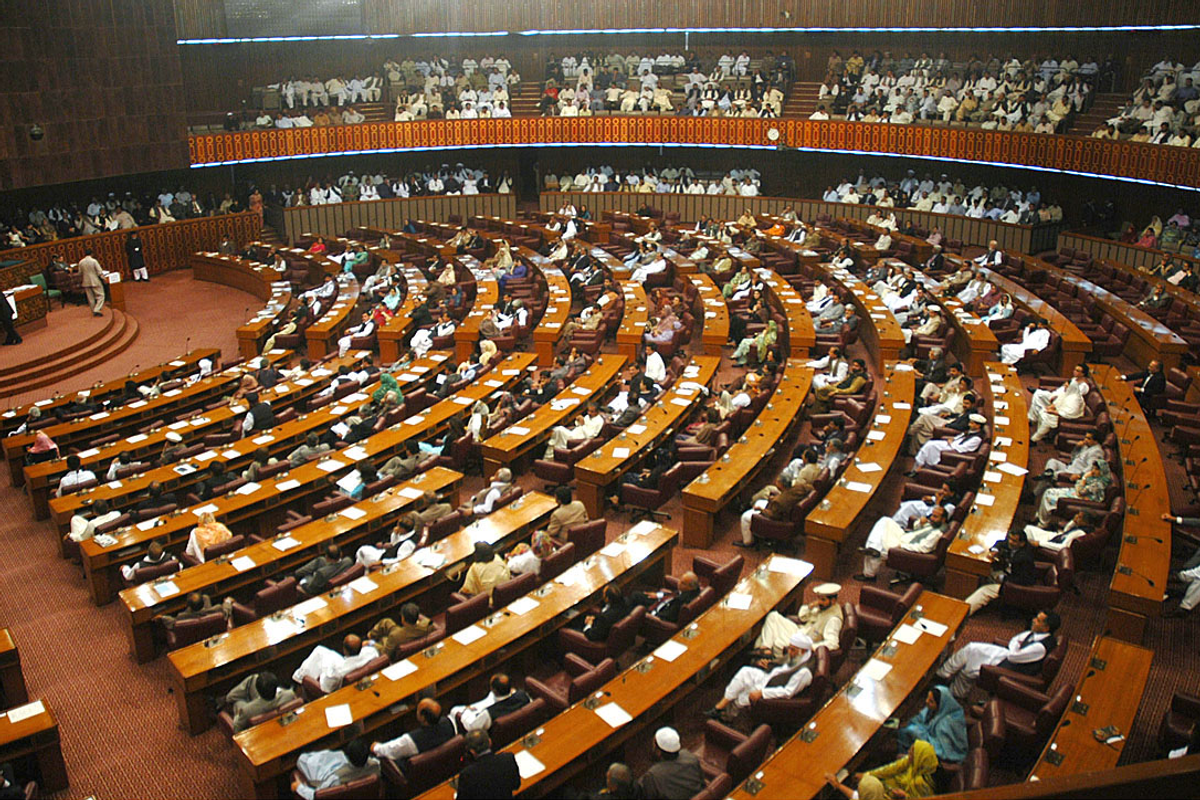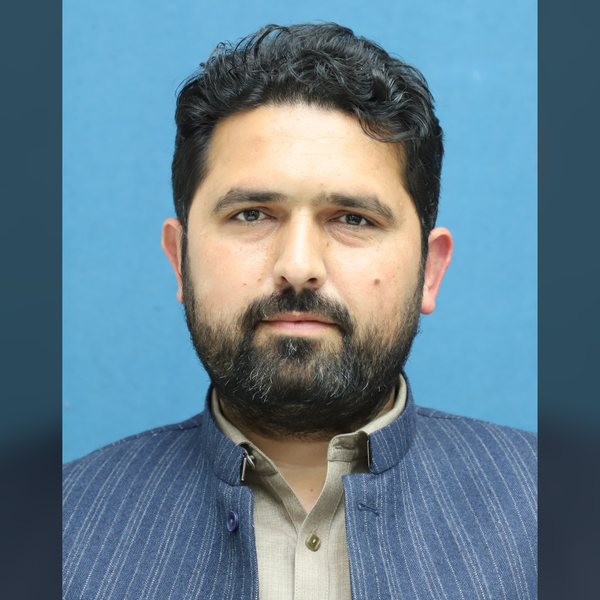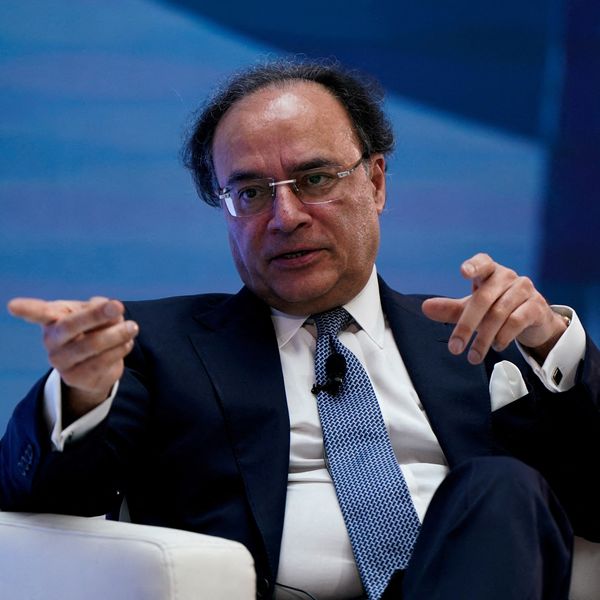Pakistan’s parliamentary body divided over adding reproductive health to school curriculum
Supporters see it as crucial for child protection amid rising abuse cases, while critics raise concerns over cultural norms and parental authority

Javed Hussain
Correspondent
I have almost 20 years of experience in print, radio, and TV media. I started my career with "Daily Jang" after which I got the opportunity to work in FM 103, Radio Pakistan, News One, Ab Tak News, Dawn News TV, Dunya News, 92 News and regional channels Rohi TV, Apna Channel and Sach TV where I worked and gained experience in different areas of all three mediums. My journey from reporting to news anchor in these organisations was excellent. Now, I am working as a correspondent with Nukta in Islamabad, where I get the opportunity of in-depth journalism and storytelling while I am now covering parliamentary affairs, politics, and technology.

A parliamentary committee in Pakistan has sparked national debate after lawmakers clashed over a proposed bill that seeks to introduce reproductive health education into the country’s school curriculum.
Supporters argue the move is essential to protect children amid rising cases of abuse, while critics cite cultural sensitivities and parental control as key concerns.
The debate took place during a meeting of the Senate Standing Committee on Education on Monday at Parliament House, chaired by Senator Bushra Anjum Butt. The session focused on the Federal Supervision of Curricula, Textbooks and Maintenance of Standards of the Education (Amendment) Act, 2024, presented by PPP Senator Qurat-ul-Ain Marri.
Supporters urge education for protection, critics cite culture
Senator Marri, the bill’s sponsor, argued that Pakistani children -- particularly girls -- are deprived of essential information regarding their bodies and health. She emphasized that the absence of accurate education leads many children to seek misleading or harmful content online.
“Girls should be guided before marriage, and children must be taught about the reproductive system and health so they can live better lives,” she said.
“Our children search for the wrong things on the internet. It’s better to provide the right information in the curriculum.”
However, the proposal drew sharp criticism from other members of the committee. JUI-F Senator Kamran Murtaza strongly opposed the inclusion of reproductive system studies in the school syllabus.
“Children are naturally curious. We should fear the time when female teachers are made to teach reproductive health to boys,” he said.
MQM Senator Khalida Ateeb also objected, suggesting that any such content be excluded at least from the primary-level curriculum. PTI Senator Gurdeeb Singh echoed similar sentiments, warning against introducing what he described as a culturally sensitive subject too early in a child’s education.
Senator Fawzia Arshad shared a personal perspective, recalling her experience with the U.S. education system.
“When my children were studying in America, I was asked if I wanted them to be taught reproductive education,” she said.
“There should not be an explicit curriculum for younger children. It must be the parents’ decision whether their children learn this or not.”
Despite the pushback, Committee Chair Senator Bushra Anjum Butt expressed her support for the bill. Speaking to Nukta, she emphasized the urgency of educating children about personal safety and boundaries, especially in the face of increasing reports of harassment and abuse.
“We have not postponed the bill,” she clarified. “We’ve directed the Ministry of Education to carefully review the content alongside Senator Marri. There’s a need to decide the appropriate age, but this legislation is essential.”
“We have to inform children -- this is the need of the hour,” she added. “They should be taught about ‘good touch and bad touch.’”
Final verdict expected soon as debate deepens
The committee has instructed the Ministry of Education to work with Senator Marri on finalizing the bill’s content and determining appropriate age-level guidelines. A final decision is expected on July 25.
The amendment itself outlines a curriculum-based approach to teaching the cognitive, emotional, physical, and social aspects of reproductive health. According to the bill’s language, the objective is to equip children with the tools to make informed decisions, protect their health and dignity, and develop respectful relationships throughout their lives.
“This is not about crossing cultural red lines,” Senator Marri said. “It’s about ensuring our children are informed, safe, and empowered.”
As the legislative process moves forward, the proposal is likely to remain a flashpoint in Pakistan’s ongoing conversation about education, public health, and cultural identity — raising a critical question for policymakers and parents alike: how can the state best protect its children without undermining social and cultural norms?










Comments
See what people are discussing